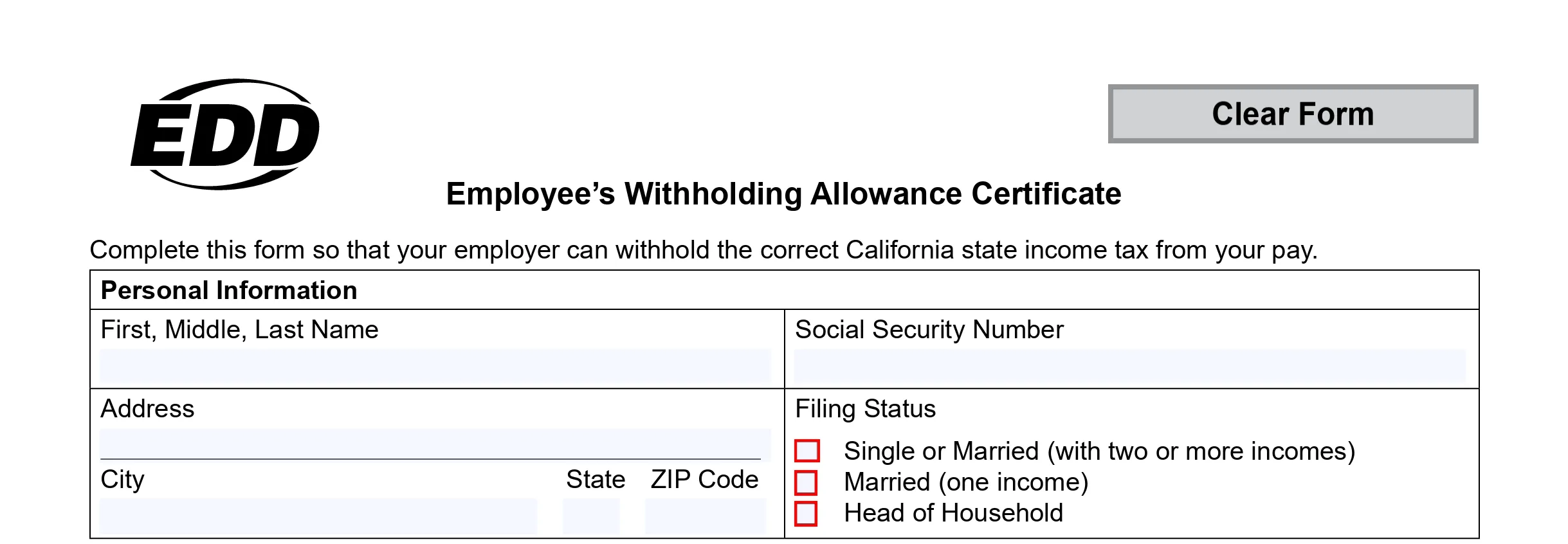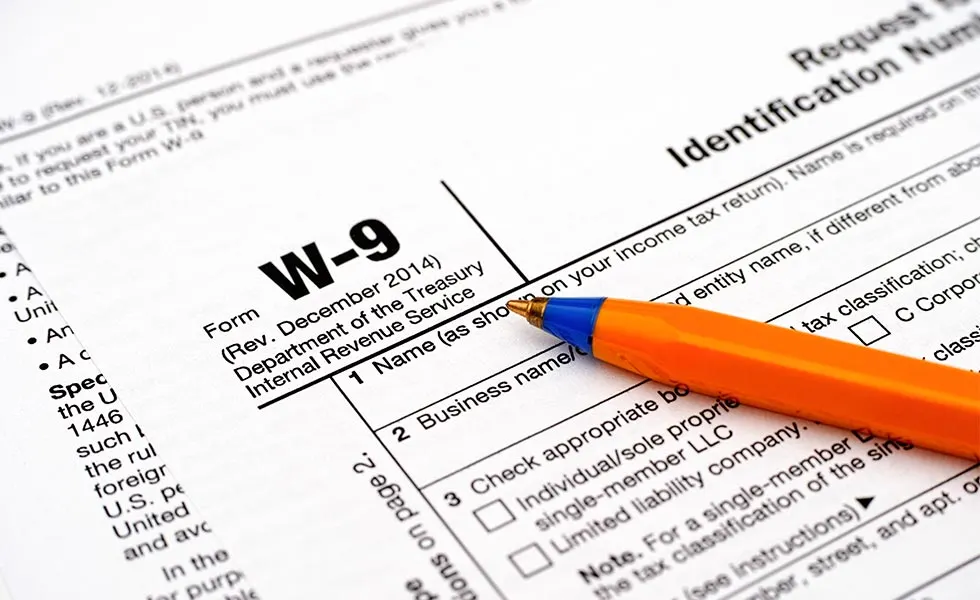Is it time to close your business for good? If so, make sure you don’t miss an important step.

We are living in unprecedented times due to the pandemic we are facing. This year has been challenging and difficult in so many ways, and, as a business owner, you might be facing the hard decision to close your doors for good. There is some help out there for you to recover from a bad period, financially and operationally but, it might not be enough or does not apply to you.
It is hard, but sometimes it is the right decision and the best one for the business, your family, and for your own health. If you are one of those business owners who are considering going down this road we want to guide you in the right direction because in the real world, this is not just closing the door without looking back. There are administrative tasks you need to go over to avoid future financial problems including legal penalties.
Since it is already a hard decision we want to make it as easy as possible for you to navigate this whole process. That is why we are sharing some key points you need to be aware of:
1. Making the decision:
This is the hardest part, analyze the pros and cons of staying open and do what you consider is best. Make sure you involve all the owners, partners, and shareholders so they all agreed on the final decision.
2. Setting a Closing Plan:
By setting a plan you will have control over the upcoming weeks or months, and the ability to identify the tasks you have completed and the ones that are still pending. In this we recommend to include:
- Communicate to employees, vendors, and customers/clients about the decision of closing the business.
- Collect all your Account Receivables as soon as possible.
- Pay vendor open bills.
3. File dissolution documents:
If the business is registered as an LLC or corporation, you will need to file a Certificate of Dissolution in the same state where you originially registered. Be aware that each state has its own requirements to do this. Don’t forget to check the State’s rules to make sure you are compliant with all the requirements.
4. Cancel Business Licenses and Permits:
This is a very important step, this will ensure no one uses your business name or accounts. Cancel with any agency all the permits, licenses, and registrations issued under your business name.
5. File your Final Tax Returns:
This includes all the necessary forms such as Sales Tax, Federal, and State Income Tax, Federal and State Payroll Tax. Along with this, you have to request the cancellation of your EIN (Employer Identification Number).
6. Distribute Assets:
Considering you have settled all your debts including final payment to your employees, you now can distribute between all the owners/partners/shareholders the remaining assets.
7. Close all Bank accounts:
Last but certainly not least, close the business bank accounts and any Credit cards issued to the business.
We recommend getting legal and accounting advice as soon as you make the decision of closing and to keep records for at least 5 years (cloud-base storage preferably).
Source: https://www.irs.gov/businesses/small-businesses-self-employed/closing-a-business
If you found this information helpful please like and share.
Need help? Contact us at [email protected] or book a call



